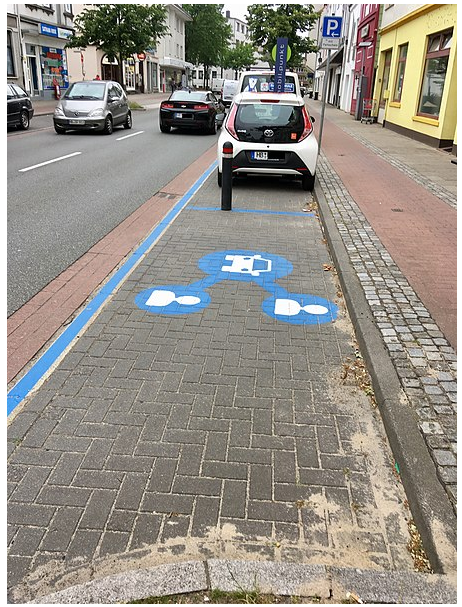Impact Analysis of Car-Sharing in Bremen, Germany
5 minutes Date Launched: Jun 1, 2017 Date Ended: Aug 16, 2018 Dates given are approximate. Pilot Project Timeframe: The study was conducted in Summer/Autumn of 2017 and the report was released in 2018

Summary
In 2017, the independent Berlin Institute Team Red conducted a study on the impact of car-sharing in the City of Bremen. Car-sharing was first introduced in Bremen in 1990 and has since developed into a professional, market-based service with cambio, Move About and Flinkster as the primary car-sharing providers. The report findings can be broken into six categories: User of Various Means of Transportation and Availability, Impacts of Car-Sharing, Consumer Behavior of the General Population and Car-Sharing Users, Current Car-Sharing Opportunities: User Priorities and Satisfaction, and an Overall Assessment. A few key findings of the study include:
- In terms of reducing traffic, car-sharing users own fewer private cars, make fewer trips by car and make more trips with environmentally friendly modes of transport.
- The integration and expansion of car share throughout the city has resulted in more than 14,000 car-sharing users and which has contributed to the replacement or prevention of more than 5,000 private owned vehicles. In other words, every single car-sharing vehicle in Bremen replaces 16 privately owned vehicles.
- The most frequently mentioned reasons for no longer owning a private vehicle were the costs, time and effort for vehicle maintenance, that owning a private car is not economically viable and the negative impact of private vehicles on the environment.
- The distance travelled by car in a ‘car-sharing household’ is more than 50% lower than in the average household in Bremen. Compared with the general population, car-sharing users shop significantly more often locally and significantly less at the shopping centers.
- Overall, current users are highly satisfied with the existing car-sharing opportunities and consider three features particularly important: simplicity, reliability and convenience.
The findings were used as evidence to support the continued expansion of car-sharing in Bremen with the goal of attracting new target groups. The report includes 10 recommendations for action to reach their goal of at least 20,000 car-sharing users in Bremen by 2020.
To read the full report, please click here.